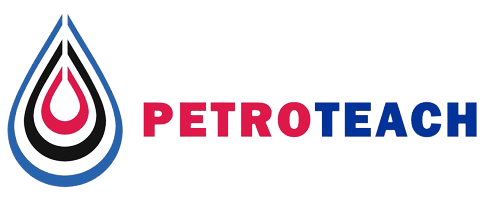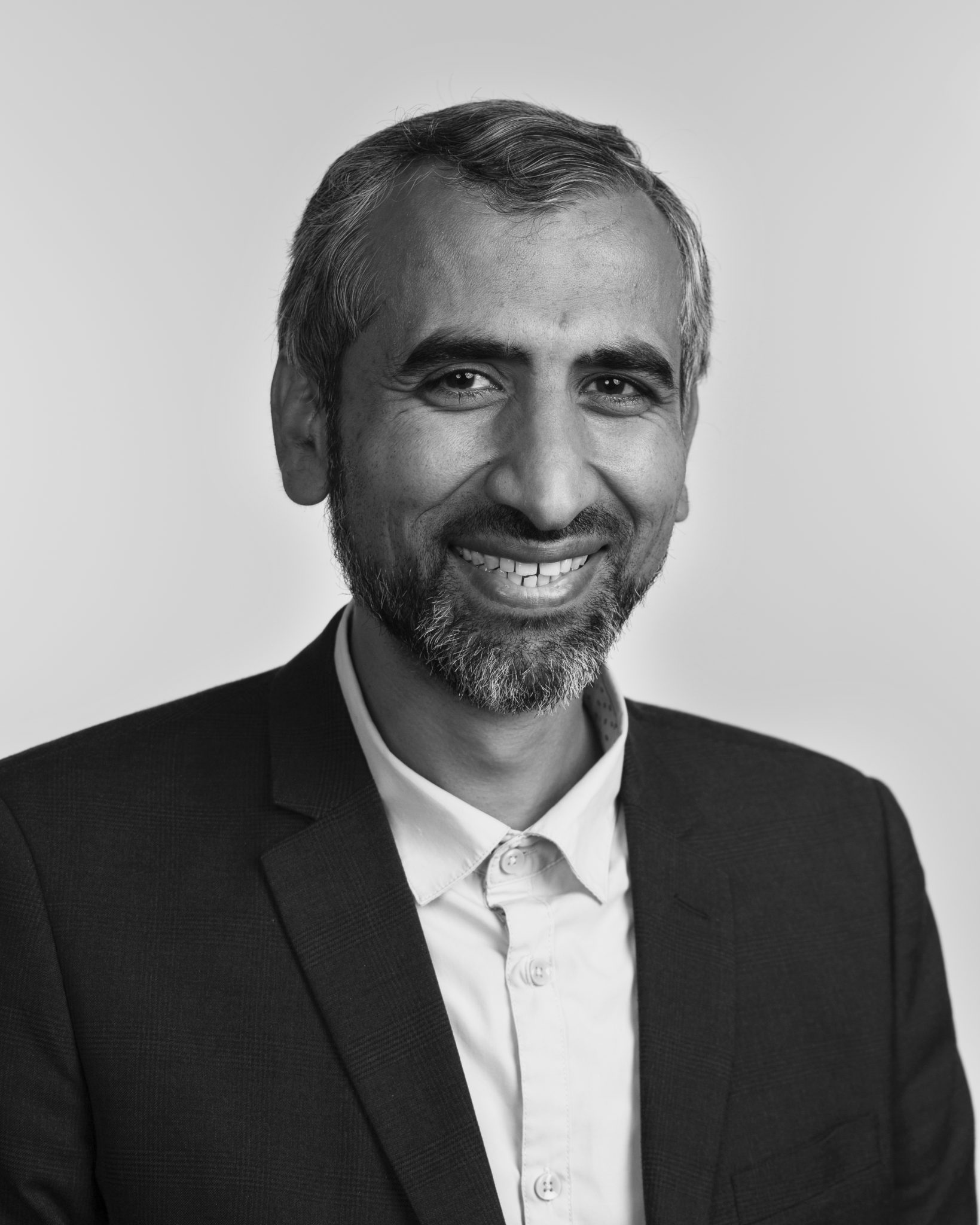RES 410
PVT Properties of Reservoir Fluids
PetroTecah offers the course to cover the introduction to the PVT modeling and petroleum properties with several examples and class exercises.


PetroTecah offers the course to cover the introduction to the PVT modeling and petroleum properties with several examples and class exercises.

* Prices are subject to VAT and local terms. Ph.D. students, groups (≥ 3 persons) and early bird registrants (8 weeks in advance) are entitled to a DISCOUNT!
| Code | Date | Location | price (€)* |
|---|---|---|---|
| RES 410 | 19 – 23 May 2025 | Online | 1990 |
| RES 410 | 4 – 8 Aug 2025 | Online | 1990 |
| RES 410 | 21 – 25 Apr 2025 | Stavanger | 3990 |
| RES 410 | 27 – 31 Oct 2025 | Doha | 3990 |
PetroTecah offers the course to cover the introduction to the PVT modeling and petroleum properties with several examples and class exercises. It addresses those engineers with the basic knowledge in the fluid phase behavior and fluid characterizations. After the course, engineers will gain a good understanding of the PVT modelling and fluid properties of the petroleum mixtures. Moreover, participants can benefit from the instructor continuous supports to their related subjects and questions during or after the course.
The course covers the introduction to the PVT modelling and petroleum properties with several examples and class exercises. It addresses those engineers with the basic knowledge in the fluid phase behavior and fluid characterizations. After the course, engineers will gain a good understanding of the PVT modelling and fluid properties of the petroleum mixtures. Moreover, they can benefit from the instructor continuous supports to their related subjects and questions during or after the course.
o Introduction, the course objectives and scope
o Introduction to thermodynamic applications
o Thermodynamic applications
o Petroleum fluids and phase behavior for Multi Component System
o Reservoir fluid classifications & retrograde condensation
Exercise: Phase diagram and thermodynamic application
o Oil and gas properties
o Common PVT tests
o Fluid sampling
Exercise: Gas, oil properties and PVT tests
o History of cubic EOS models
o Cubic equation of state models-details
o Two phase flash calculations
o Phase properties calculations
o Saturation pressure calculations
o Compositional gradient calculations
o Criteria for phase stability
Exercise: Two phase flash, saturation pressure and compositional variation with depth
o Heptane plus characterization & molar distribution
o Type of Fluid Models
o Compositional model properties
o Black oil model properties
o Input to numerical simulator
Exercise: Black oil model properties and fluid characterization
o Gas injection process
o Gas injection process & water properties
o Water & hydrate systems
o The importance of EOS model and applications
o Course summary
Note: In addition of class exercise, many examples will also be covered during the course.

Dr. Mohammad Ghasemi is a senior reservoir engineer/researcher with 15 years of experience in variety of petroleum reservoir engineering projects. His recent research at Kuwait University includes the development of the flow pattern map for two-phase flow in a heavy oil system, and also the integrated modelling of asphaltene deposition in vertical wells. Dr. Ghasemi has worked for Petrostreamz as a senior reservoir engineer, and for NISOC and PERA as a reservoir engineer. Ghasemi was involved in vast range of reservoir engineering projects. His research interests include gas injection-EOR (enhanced oil recovery) for conventional and unconventional reservoirs, fluid characterization and EOS modelling, reservoir simulation, and integrated optimization. Dr. Ghasemi earned BS and MS degrees in petroleum engineering from the University of Petroleum Technology (PUT). He also holds master and PhD degrees from the University of Calgary and the Norwegian University of Science and Technology (NTNU), both in petroleum reservoir engineering.
The course is designed for petroleum engineers with basic knowledge and experience in fluid flow in the porous media, PVT, and basic reservoir engineering mainly on the gas injection. The objective is to establish a full work-flow to evaluate the phase behavior and PVT modelling analysis.
The participants will learn:
o Phase behavior and volumetric calculations.
o Common and special PVT test designs.
o Fluid characterization of heavy ends
o Oil, gas and water properties
o Types of fluid models
o How gas injection process is affected by EOS model
o Insight on flow assurance (Hydrate and Asphaltene)
Registration is now OPEN!
* Prices are subject to VAT and local terms. Ph.D. students, groups (≥ 3 persons) and early bird registrants (8 weeks in advance) are entitled to a DISCOUNT!
For more details and registration please send email to: register@petro-teach.com
Would you like a PetroTeach training course delivered at a time or location to suit you?
click for request in house